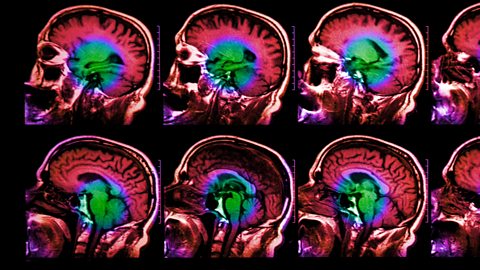The following training opportunities are sponsored by the San Francisco Superior Court.
MCLE and CAMFT continuing education credits available. Training sessions are free of cost; no RSVP required.
Medication Assisted Treatment for Substance Use Disorders
Thursday, February 8, 12:15-1:30PM
“Medication assisted treatment (MAT) is the use of medications in combination with counseling and behavioral therapies for the treatment of substance use disorders. A combination of medication and behavioral therapies is effective in the treatment of substance use disorders, and can help some people to sustain recovery.” (SAMHSA)
Facilitator
Dr. Hannah Snyder is a clinical fellow of primary care addiction medicine at the University of California, San Francisco (UCSF). She practices as a primary care physician, hospitalist, and addiction medicine consultant at Zuckerberg San Francisco General Hospital. She is the project leader for SHOUT, an initiative of UCSF and the California Health Care Foundation, which supports medication-based treatment of opioid use disorders at hospitals across the state.
Training Goals
- Impact of substance use on brain function and healing process
- New developments in medication assisted treatment (MAT) for substance use disorders
- Strategies to engage patients/clients in treatment and effective responses to relapse and overdose
Location
Judicial Council of California
Milton Marks Auditorium, Lower Level
350 McAllister Street
San Francisco, CA 94102
An Introduction to Motivational Interviewing
Friday, March 9, 2:30-4:30PM
Motivational Interviewing is a method of communication that aims to enhance the individual’s intrinsic motivation to change by addressing specific behaviors. This is accomplished within an atmosphere of acceptance, patience and compassion. This training will include demonstrations of role plays and real plays with scenarios related to the collaborative court population that we serve.
Facilitator
Debra Collins is a Licensed Marriage and Family Therapist who has provided behavioral health support to primary care, hospice, addiction, and school based community agencies throughout the San Francisco Bay Area for 20 years. Debra works at Felton Institute’s Training and Research Division as their Coach, Trainer and Consulting Educator. Debra has consulted, or provided training(s) for such organizations as : Kaiser Psychiatry, Children’s Hospital of Oakland, Marin General Hospital, County of San Mateo – Adult Division DPH, SF Health Network – San Francisco Department of Public Health Youth/Families and Adult Divisions, YMCA Urban Services, California Pacific Medical Center (Pediatric Oncology/Hematology) and Novato Youth Center, Services for Addiction Recovery – Family Service Agency of Marin. She is a member of the Motivational Interviewing Network of Trainers (MINT).
Training Goals
- Learn how to enhance engagement and to listen with understanding.
- Learn how to minimize participant resistance by increasing communication.
- Learn how to elicit “change talk” and to set into motion a participant’s potential for
- behavior change.
Location
Judicial Council of California
Milton Marks Auditorium, Lower Level
350 McAllister Street
San Francisco, CA 94102


